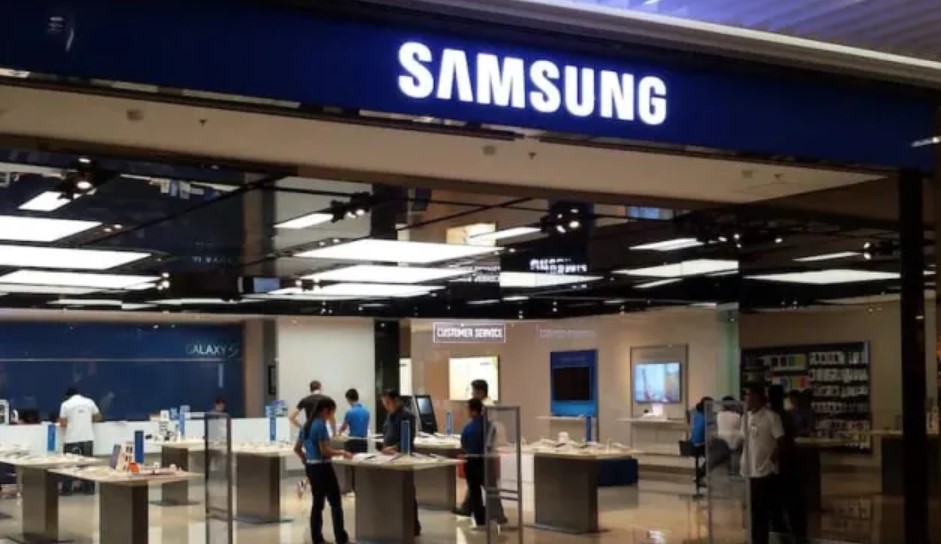According to the market research company Omdia, Samsung Electronics is still dominant in the global TV industry, with a 30.1 percent market share in 2023.
Samsung continues to lead, largely due to its focus on premium and large-screen TVs, driven by QLED and OLED technology.
The QLED lineup, including Neo QLED models, has seen substantial sales, with over 40 million units sold since 2017.
Samsung Electronics East Africa Ltd Senior Business Leader, Rahul Kochhar says the Neo QLED lineup has been well-received in Kenya since its 2022 launch
“Our commitment to cutting-edge QLED and OLED models has been instrumental in maintaining our unrivaled position. We look forward to delivering even more exceptional experiences to our customers.”
Did you read this?
Samsung also excels in the premium TV sector, particularly with TVs over 75 inches and priced above approximately Kes 365,000, where it holds a significant market share.
The company recorded a 60.5 percent share in sales for TVs priced over $2,500, while maintaining a lead with a 33.9 percent sales share for TVs over 75 inches.
It had a robust sale of 98-inch models and TVs over the 90-inch, maintaining the lead with a 30.4 percent market share.
Samsung sold 1.01 million units of OLED TVs in 2023, capturing 22.7 percent of the market share, which is expected to surge in 2024.
Samsung Electronics dual Display Business SW Yong said the company is elated to be recognized as the market leader in the global TV sector for 18 consecutive years, a testament to the enduring trust and loyalty our customers place in Samsung.
“We are deeply committed to advancing the industry, moving beyond exceptional picture quality to offer more meaningful and valuable experiences.”
Samsung introduced the NQ8 AI Gen3 processor at CES 2024, signaling the start of the AI Screen Era, which promises to redefine smart TVs by integrating advanced AI powered by Tizen OS.












